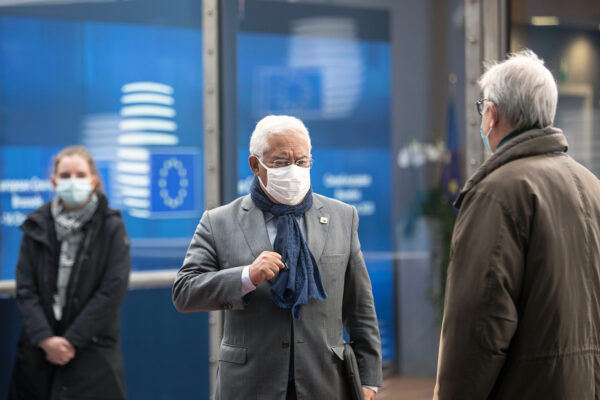
After six years, António Costa’s “contraption” has run out of steam.
It is what Portugal’s right-wing opposition dubbed the social democrat’s confidence-and-supply arrangements with the far left. In return for concessions like raising the minimum wage and making schoolbooks free, the Communists and Left Bloc were willing to keep Costa in power.
Costa’s Socialists are eight seats short of a majority in parliament. The Communists and Left Bloc have 29 seats between them.
By not forming a full coalition, Costa could avoid the stigma of governing with extremists while the Communists and Left Bloc could openly criticize him for not raising salaries in the public sector or overturning the labor market reforms of his center-right predecessor.
That mutual understanding has collapsed.
Budget
The far-left parties are disappointed Costa insisted on reining in Portugal’s budget deficit, which reached 5.7 percent of GDP in 2020 and is projected to come in at 4.3 percent this year.
Although the EU has suspended its fiscal rules during the pandemic, Costa is wary of a repeat of the euro crisis, when interest rates on Portuguese debts spiked and the country needed a €78 billion bailout from its neighbors. His spending plan for 2021 cuts the deficit to 3.2 percent while still reducing income tax for middle incomes and raising investment in health care.
Costa pointed out his government also made daycare free for children under the age of 3 and increased pensions; two proposals that hadn’t been in his manifesto. It wasn’t enough for the far left.
What now?
Parliament rejected the government’s budget on Wednesday, a first since Portugal’s return to democracy in 1974.
The two far-left parties are willing to renegotiate, but Marcelo Rebelo de Sousa, Portugal’s largely ceremonial center-right president, had warned he would dissolve parliament and call snap elections if the spending plan wasn’t approved.
The Communists and Left Bloc have suffered disappointing results in local and presidential elections. Polls do not suggest they would benefit from early parliamentary elections. Neither would the right. The outcome could be a repeat last election, when Costa won 108 seats with 36 percent support and the combined center-right won 84 seats with 32 percent.
116 seats are needed for a majority.
